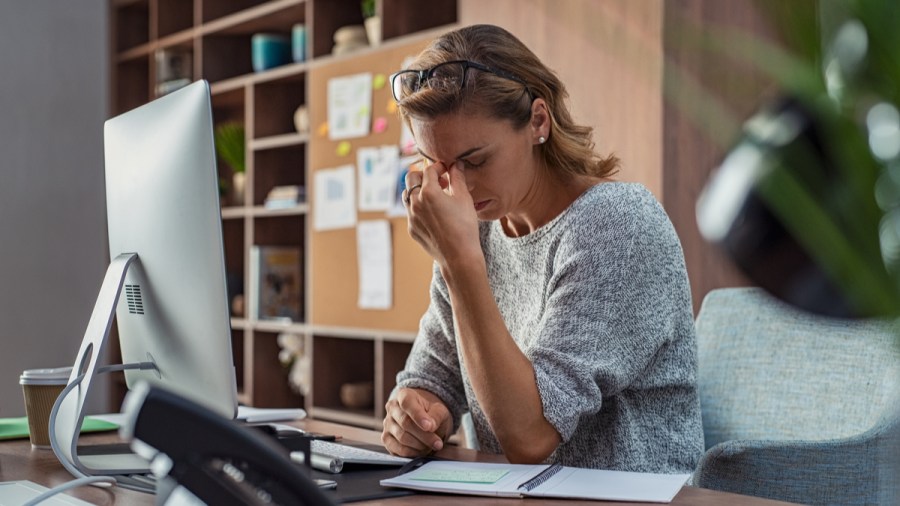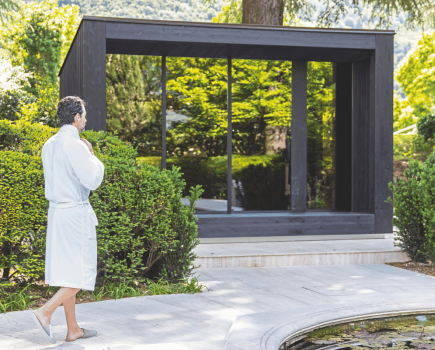 The last year has been tough on all of us. Whether you’ve been juggling work with home-schooling the kids, or you were one of the many who lost a job, it’s unsurprising that burnout cases have tripled since before the pandemic. We hear from fitness, wellness and nutrition expert Penny Weston who reveals signs of burnout, plus top tips on how to deal with burnout and feel your best again…
The last year has been tough on all of us. Whether you’ve been juggling work with home-schooling the kids, or you were one of the many who lost a job, it’s unsurprising that burnout cases have tripled since before the pandemic. We hear from fitness, wellness and nutrition expert Penny Weston who reveals signs of burnout, plus top tips on how to deal with burnout and feel your best again…
What defines burnout?
Burnout is a state of emotional, physical and mental exhaustion. It’s usually caused by excessive stress over a prolonged period of time as well as feeling overwhelmed and drained.
‘Although it isn’t a diagnosable psychological disorder it is, from my experience, becoming increasingly more common and needs to be taken seriously,’ explains Penny Weston, director of wellness centre Made. ‘In fact, nearly everyone coming through the doors in Made at the moment are suffering from burnout or a related complaint from lockdown. Worryingly, the number of people we are seeing with burnout has tripled!’
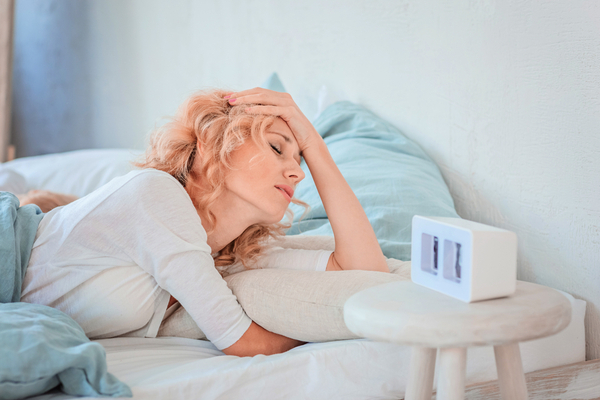
Signs of burnout include exhaustion and low energy levels.
What are the signs of burnout?
There are a number of signs that someone is experiencing burnout, including:
- Headaches
- Stomach aches
- Lack of energy
- Intestinal issues
- Feeling depressed
- Exhaustion
- Cynicism
- Feeling unable to do your job or to cope
- Feeling powerless.
7 ways to deal with burnout
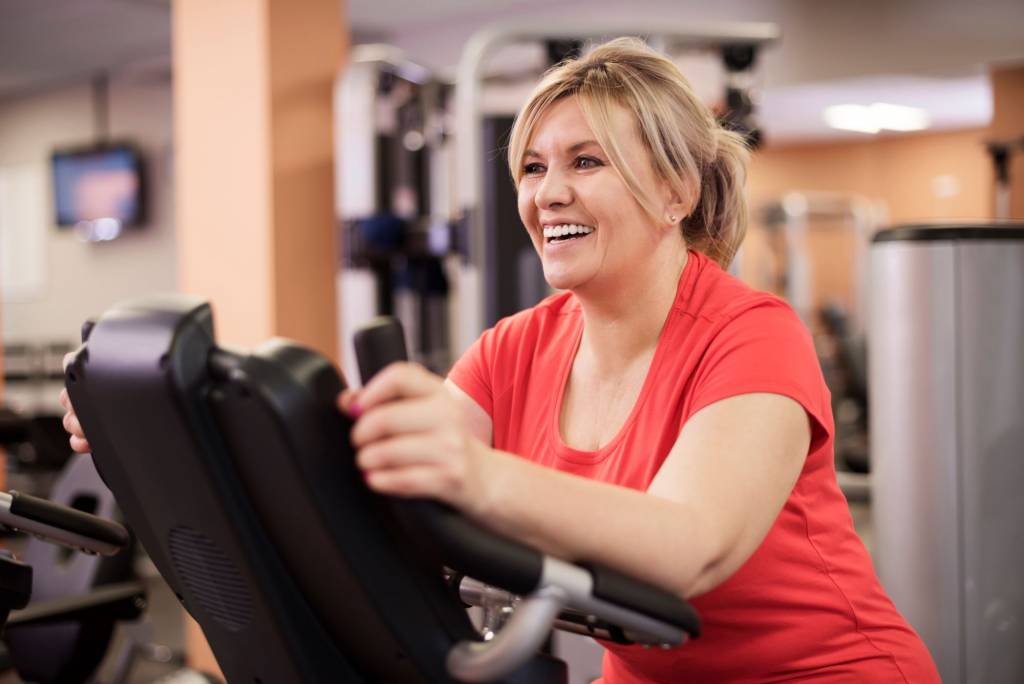
Exercise can boost our sense of wellbeing
1. Exercise regularly to overcome burnout
Penny is a firm believer that regular exercise is the key to staying both physically and mentally fit, healthy and happy. Penny explains: ‘When we exercise the body releases chemicals such as endorphins, serotonin and dopamine which boost our sense of well-being and suppress hormones that cause anxiety.’
Fortunately there are now a bigger range of exercise classes and sports out there than ever before. So whether you prefer a low intensity pilates class, an aqua aerobics session or a heavy weights session, there’s something for everyone. Penny explains: ‘The important thing is don’t be put off if you’ve never done it before, it’s never too late to start a new fitness class,’ says Penny. ‘It’s usually a good idea just to check with your GP before embarking on something new.’
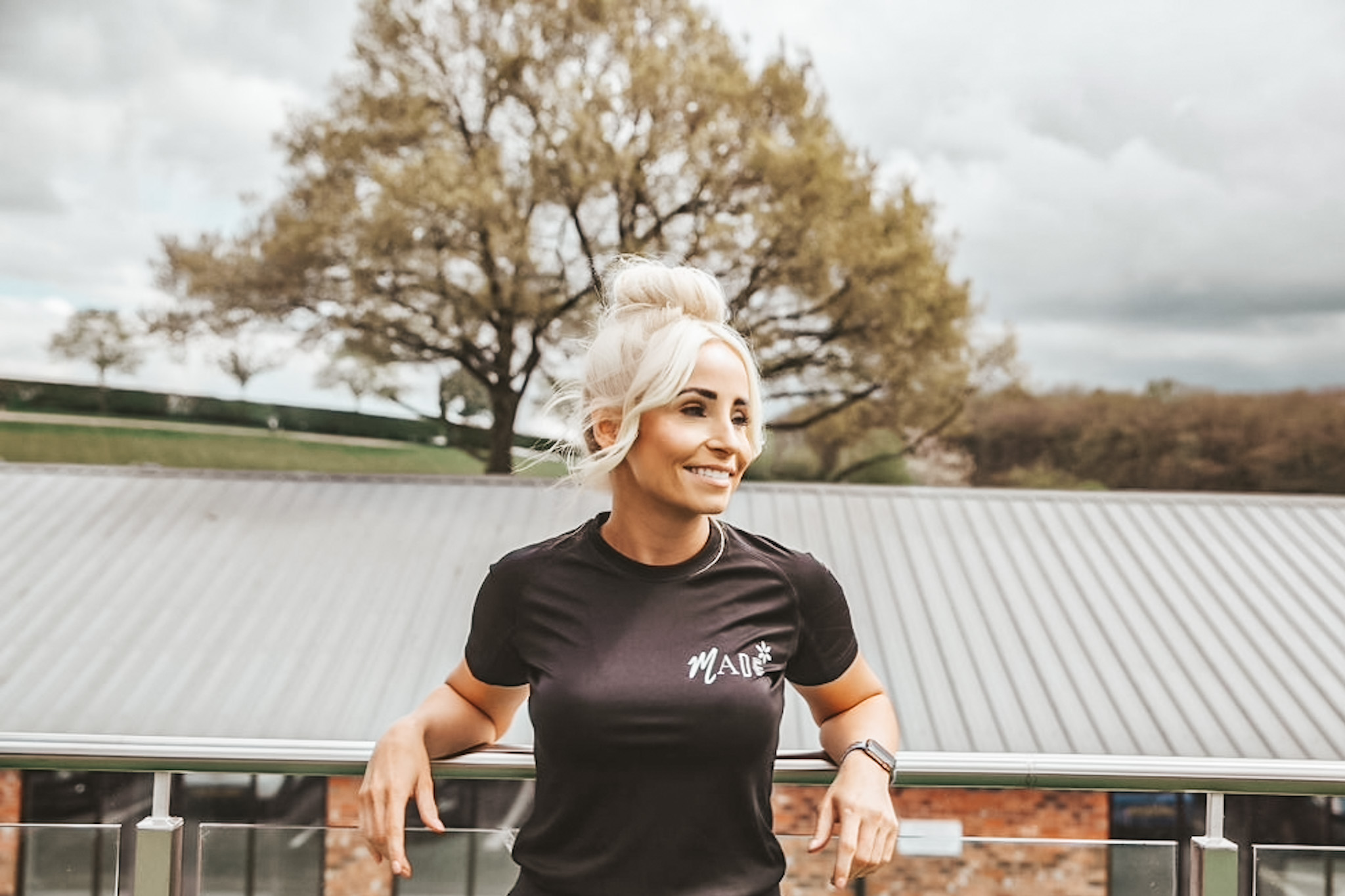
Penny suggests creating a morning ritual to feel more in control and overcome burnout.
2. Create a morning ritual to stay in control
Why not set yourself up for success by starting the morning with a ritual that lets you hit the ground running, make the most of your day, and stay positive and in control. Penny explains: ‘All of our rituals are different, just like we are all different. But the key is that by setting them we are taking control of our morning, and therefore our lives.’ When choosing a morning ritual, Penny suggests it can be as small as setting your alarm for a certain time and then jumping straight in the shower before having your breakfast, or doing a short yoga practice before you get dressed.
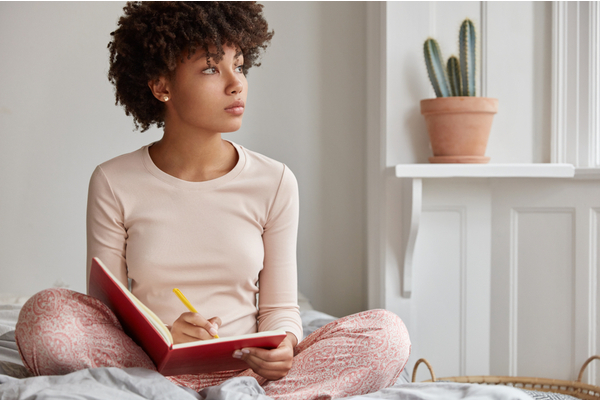
Writing gratitude notes will help you to feel more positive.
3. Write yourself gratitude notes to deal with burnout
Writing down your worries is often regarded as a great way to calm an overthinking mind. Why not take that one step further by writing out gratitude notes? Penny explains: ‘Gratitude notes have been used for years to help affirm positive thinking and they really work. Write down three things that you’re grateful for on a piece of paper and stick them to your mirror or somewhere where you’ll see them a lot. Gradually they really will sink in and help you to feel positive and grateful.’

Fresh air helps you to feel invigorated and ready to face the world again.
4. Get some fresh air to feel good
As Penny explains: ‘Fresh air has been shown to help digest food more effectively, improve blood pressure and heart rate, strengthen the immune system and a whole wealth of other benefits, so it’s no surprise that being out in the fresh air makes the mind feel better too.’
To deal with burnout, why not try and get out in the fresh air at least once every day? This will help you to feel invigorated, energised and ready to face the world again.

Self-care will help to maintain your physical and mental wellbeing.
5. Prioritise self-care to deal with burnout
With the difficulties of the past year and a half, self-care has definitely taken a backseat for many of us. While some people have found themselves at home with more time for self-care than ever, many others found themselves juggling working from home with looking after children and taking on all the household roles – leaving no time for self-care whatsoever. Whichever camp you fell into, going forward it’s important that you prioritise your own self-care.
Penny explains: ‘I was listening to an interview with Kate Garraway on the radio recently and she said something along the lines of that you can’t captain a difficult ship if you’re not well fed, rested and looked after yourself. That encapsulates perfectly why self-care is so important. Schedule a few hours a week to go to bed early for example, or to read a book or put on a face mask. It will help to maintain your physical and mental wellbeing when life begins to return to normal.’
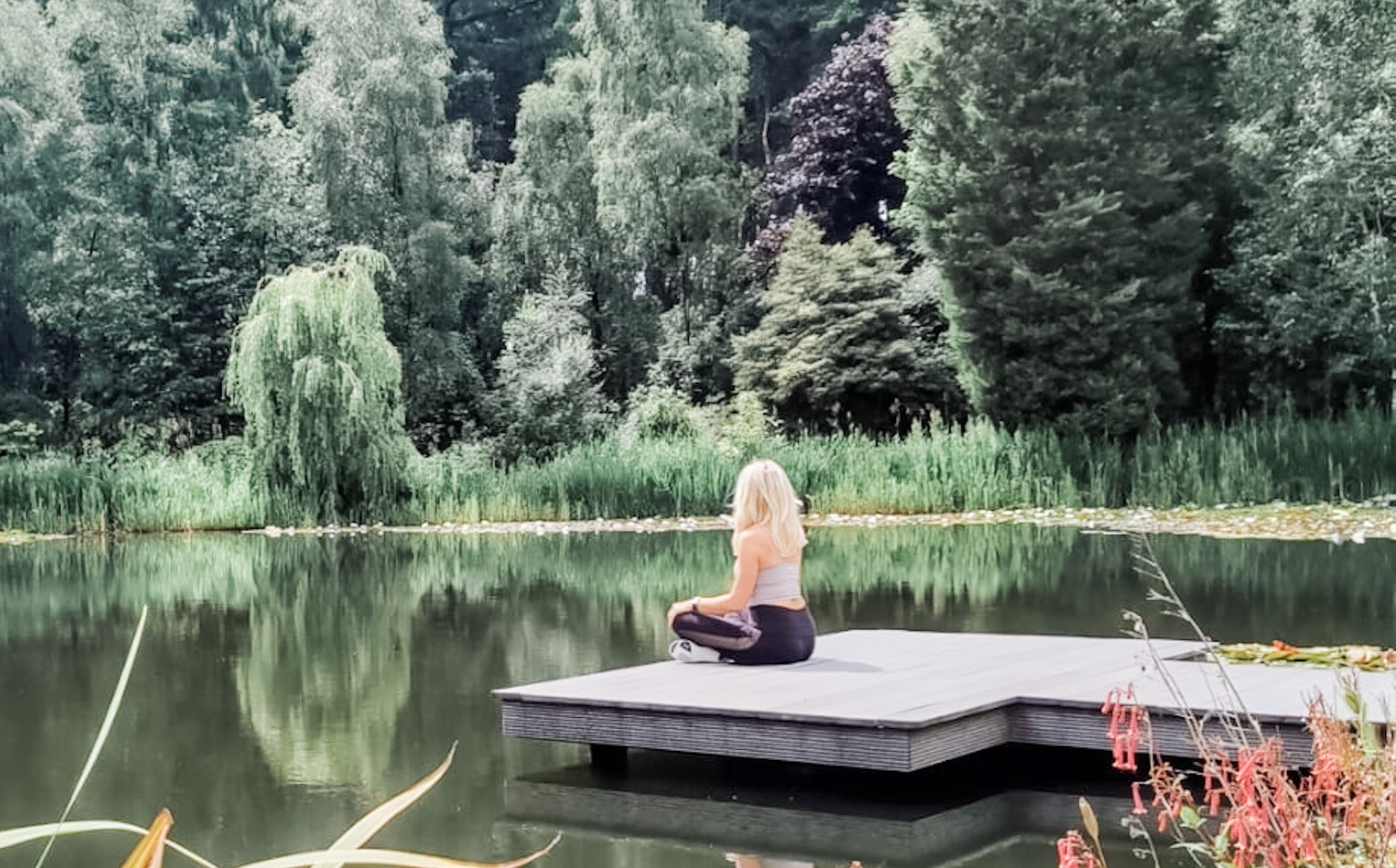
Character building activities like yoga and meditation can help you learn to adapt to change.
6. Resilience meditation can help you deal with burnout
To deal with burnout, Penny suggests focusing on your wellbeing from a positive point of view by looking at ways that can build resilience. ‘Focus on character building activities like yoga and meditation. These can help you learn to adapt to change and be strong for all that is coming.’
Check out Penny’s resilience meditations on https://welcometomade.com on demand. They are perfect for improving emotional intelligence, which could help you deal with burnout.
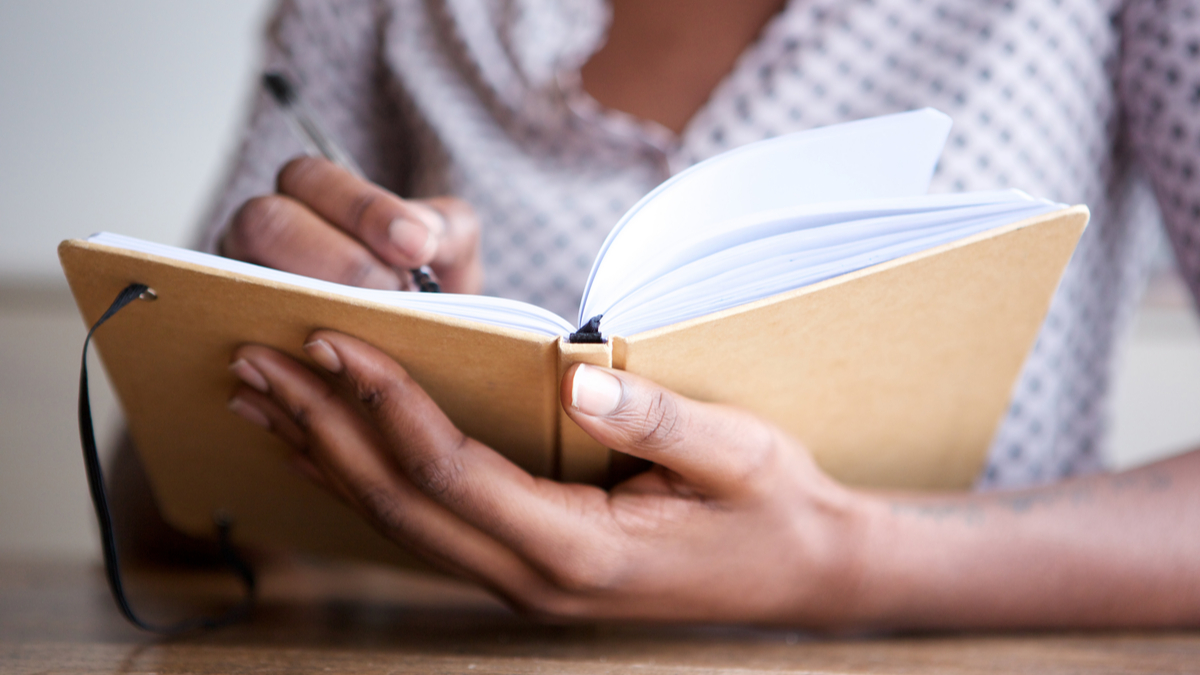
Writing down the things that you’ve learnt can remind you of what’s most important in your life.
7. Write down lessons
You may think you have nothing to show for the past year or so, but that couldn’t be further from true. We may not realise it, but we have all grown and learnt so much through this strange shared experience. It’s important to avoid returning to your pre-lockdown habits, as Penny explains: ‘Don’t forget everything you’ve learnt about yourself during lockdown. Avoid going back to the hamster wheel of your old life. Lockdown has been long and has given us the time to realise what is important. Whether that’s working more or less, spending more time on your own, travelling, or exercising more, the list of possibilities is endless.’
To stay in control of your life and deal with burnout, Penny suggests, ‘writing down the things that you’ve learnt and things that you want to do. Use this as a gentle reminder of what’s important and the lessons that this time has taught you.’

